You studied all week and stayed up all night for the big assignment or exam...
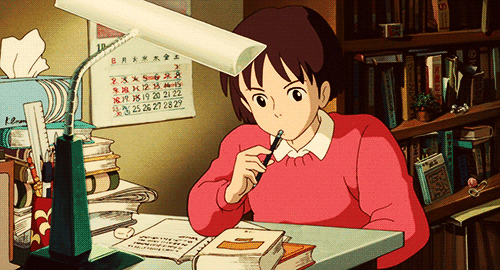
...but when you got your mark, it wasn't what you'd expected and now you're completely frustrated. 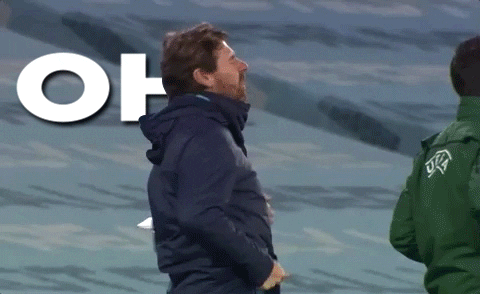
Teachers are human, they make mistakes. But what can you do if you think your grade was a mistake?
Do Your Research
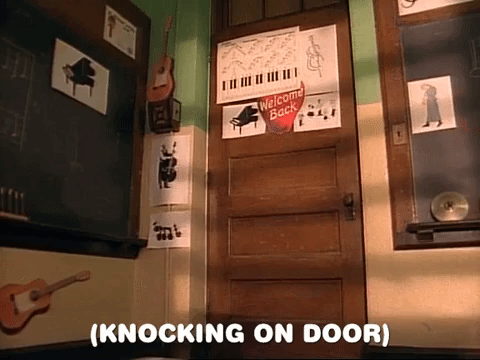
Before approaching your teacher:
🧠 Know the policy — some school policies say that if you dispute a grade, it can be marked down as well as up. So you could actually get a lower mark. 🤯
💪 Strengthen your case — review rubrics, course outlines, objectives, and assignment instructions to make sure that it wasn't you who made the mistake.
👁 Check teacher feedback (if available) to understand why they gave the mark. Teachers will often try to let you know where you went wrong.
3 Main Types Of Grade Disputes
There are many reasons you might want to dispute a mark, but these are the basics:
Scoring Errors
Partial Credit Errors
Subjective Grading or Bad Faith Marks
Each type requires a different dispute strategy.
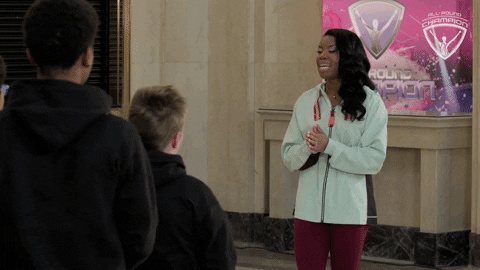
Scoring Errors
Degree of difficulty: 🔥 (little preparation necessary)
Most of the time, these are a result of overworked teachers having to grade hundreds of assignments quickly.
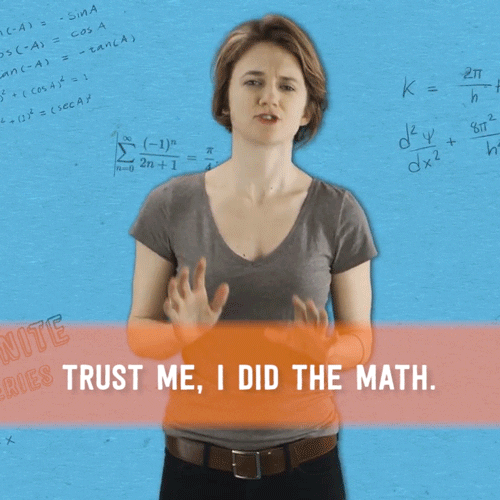 Wrong Score Recorded:
Wrong Score Recorded:
You had a test with only 2 out of 20 wrong but your teacher gave you a mark of 85%. You know each question had the same value. So, the math is wrong, it should be 90%.
 Right Answer Marked Wrong:
Right Answer Marked Wrong:
You chose answer C and you know it's the right answer but it was marked wrong.
How to handle scoring errors:
🗣 Describe the mistake clearly with details (question number, assignment info, etc.)
🙏 Request a change to your mark.
🤗 Thank the teacher for their time.
Partial Credit Errors
Degree of difficulty: 🔥🔥 (needs some preparation)
You made a mistake but you didn't get it completely wrong and you'd like some additional credit. These types of disputes are a bit more involved. With proper planning, you can convince your teacher to make the change.

How to handle partial credit errors:
Prepare any supporting information (rubrics, notes, slides, etc.).
Acknowledge what you did wrong and appreciate the feedback.
Explain what you did right.
Ask for this to be credited with a partial mark.
Subjective Grading Or Bad Faith Marks
Degree of Difficulty: 🔥🔥🔥🔥 (needs solid preparation)
These are situations where you think your teacher may have been unfair in their marking. These require careful planning.
Like most other humans, teachers don’t like to be accused of wrongdoing, hypocrisy, or injustice. So, don’t do that.
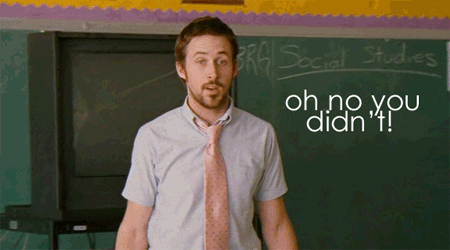
How to handle subjective grading or bad faith marks:
Approach the teacher with a clear, calm mind and a reasoned plan.
Prepare any supporting information (especially rubrics and notes from class).
Be ready to state your case and ask for a grade review.
Be polite, patient, and willing to listen.
Keys To Success
🔑 Have key information ready
When was the assignment/test?
When was it done/due?
What was the question/assignment?
What was your score?
What was the score you feel you should have?
✅ Talk to the right person
In high school or lower, talk to the teacher directly.
In college, some assignments may be marked by teaching assistants. Go to them first, then to the professor.
Think carefully before you go to the principal or dean. This can make the situation a lot more serious for you and your teacher or professor.
🗣 Use the right words
The words you use can make all the difference. Even when they make mistakes, teachers deserve respect.
❌ Instead of: "You made a mistake!"
✔️ Try: "I think there might be a mistake with my grade, could you please check it with me?"
❌ Instead of: "My grade was so unfair!"
✔️ Try: "I got a lower mark than I feel I deserved."
❌ Instead of: "I want you to check my grade!"
✔️ Try: "I was hoping we could review my mark."
Scenario:
Your friends Pat and Sam both got a better mark than you but it doesn't look like their responses were different than yours. What should you say when you approach your teacher?
A. "Pat and Sam did the same and got a better mark!"
B. "I reviewed the test with some other students and I'm confused about my grade. Can we review it together, please?"
C. "You clearly made a mistake marking my test. You need to fix it!"
D. Any of the above are appropriate.
Quiz
Which of the responses is best?
In Any Grade Dispute
Be appreciative. If the teacher makes the change for you, they may have to go back and change it for everyone.
Be understanding. Some types of exams and assignments might have set grading that teachers can't change even if they want to (but don't let that keep you from asking).
Be patient. Depending on the assignment/exam, the teacher may need more time to review it and make a decision.
Take Action
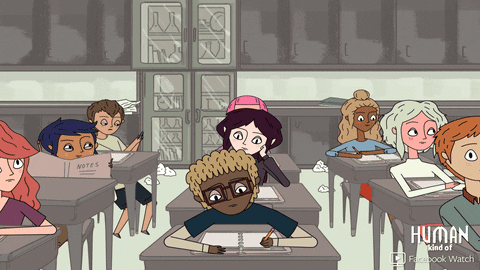
Before you dispute a grade:
Your feedback matters to us.
This Byte helped me better understand the topic.
